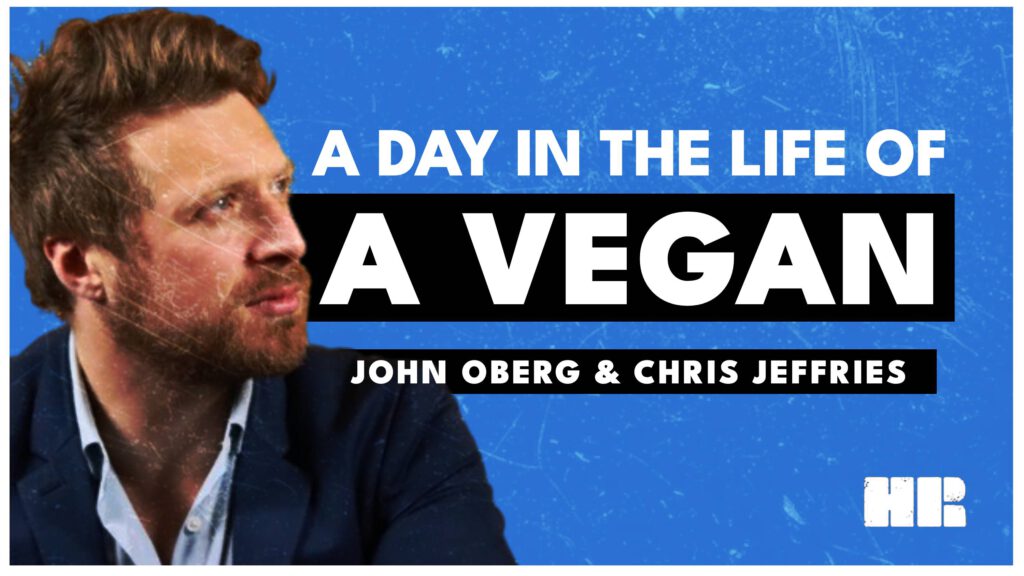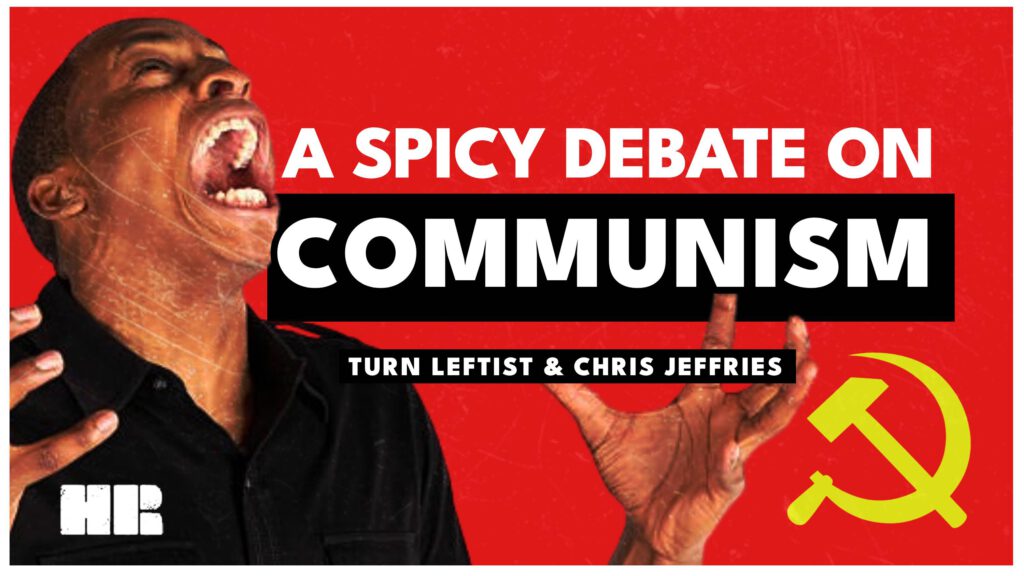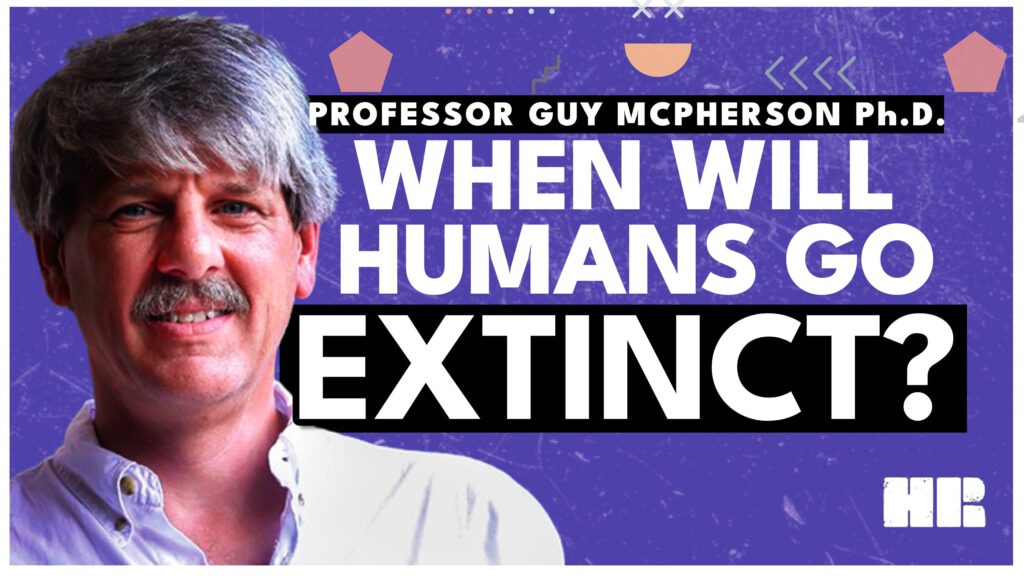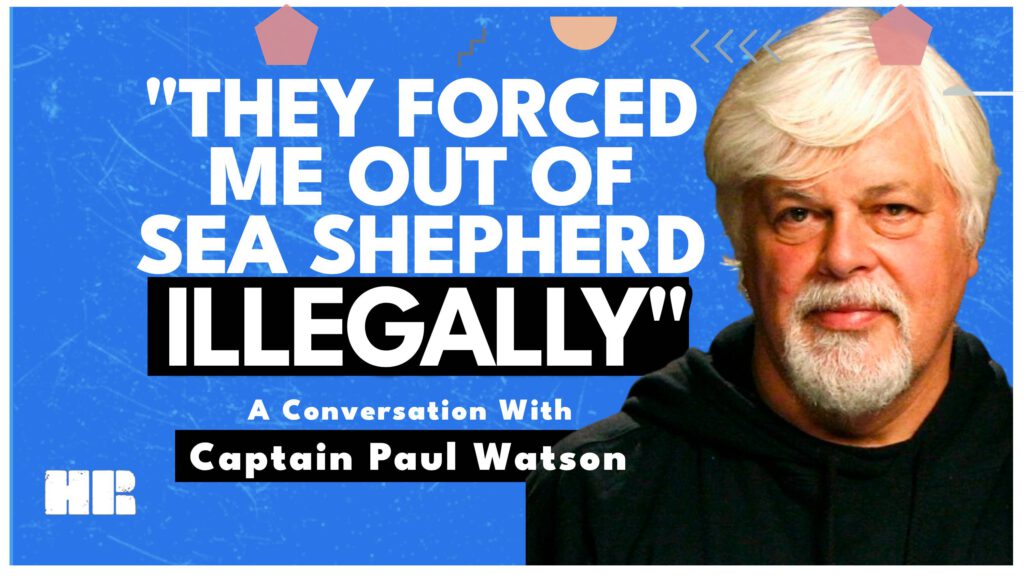A Day in the Life of a Vegan | John Oberg & Chris Jeffries

John shares his unique vegan diet, including his morning smoothie made with unconventional ingredients, his love for tofu and tempeh, and his discovery of healthy vegan desserts. He also discusses his motivation for adopting a vegan lifestyle and his fitness journey. John and Chris also emphasize the importance of animal sanctuaries and reducing animal suffering, and encourage viewers to consider the connection between animal rights and social justice. They share their personal experiences with transitioning to a vegan diet and offer words of encouragement to activists. Chris’ unconventional approach to advocacy, such as confronting meat-eaters outside restaurants, is met with caution from John. Despite their differing approaches, they remain committed to spreading the vegan message with compassion and respect for all living beings.
Heated Debate on Communism | Turn Leftist vs. Chris Jeffries

Mikey from Turn Leftist discusses his transition from libertarianism to anarcho-Stalinism, advocating for a gradual takeover of state apparatuses to achieve anarchism. They also explore the potential benefits of decentralized governance and the exploitation of animals, which they connect to human exploitation. They touch on various social and political issues, including veganism, indigenous peoples, and collective action, while expressing frustration with the media’s portrayal of political candidates and foreign countries. The speakers engage in a passionate debate, discussing the role of individuals in societal change, the challenges of implementing democratic and transparent businesses, and the failure of cryptocurrency to live up to its democratic potential. Throughout the conversation, they acknowledge the complexities and challenges of implementing their ideologies while emphasizing the importance of accountability and democratic control.
What Is Wrong with People? | Adam X Lupus & Chris Jeffries

Adam x Lupus and Chris Jeffries express concerns about the overwhelming amount of information available on the internet and the state of society. He uses the metaphor of a spaceship to describe the human experience and raises questions about the impact of wealth and power on individuals and the environment.
Chris Jeffries ponders the collective direction of humanity, questioning whether we are becoming more hedonistic and primal or moving towards a dystopian future. He also discusses the cognitive dissonance people experience when it comes to their love for animals and their consumption of animal products.
They share their personal experiences with various religious and spiritual communities, and reflects on the interconnectedness of all beings on Earth. He criticizes the value placed on certain individuals over others and the treatment of animals, questioning the morality of breeding and raising people differently based on their circumstances. They also touch upon the complex web of corruption involving alphabet agencies and corporations and the difficulty of stopping the funding of questionable activities.
Who is William S. Burroughs? | Matthew Brockmeyer & Chris Jeffries

the life and work of William S. Burroughs, a Beat Generation writer, through a series of discussions with hosts Matthew Brockmeyer and Chris Jeffries. They delve into Burroughs’ early life, including his struggles with sexuality, his fascination with firearms, and his experiences as an exterminator in Chicago. The hosts also discuss Burroughs’ experimentation with drugs, including his accidental shooting of his wife, and his development of the cut-up method of writing. Additionally, they touch on the publication of his novel “The Naked Lunch” and its controversial reception, as well as his connections to other notable figures of the Beat Generation.
Meta is Shadow Banning Pro-Palestinian Activists | Mo Hamzeh & Chris Jeffries

Mo Hamzeh and Chris Jeffries share their personal experiences and frustrations with censorship on social media platforms, specifically Meta (formerly Facebook,) and the disproportionate impact on the Palestinian community. Hamzeh discusses his family’s history as Palestinian refugees and his emotional connection to the land. Both speakers express concern over the shadow banning and dehumanization of Palestinians on social media, as well as in Western media. They criticize biased reporting, the targeting of journalists, and the killing and displacement of civilians, including children. Hamzeh and Jeffries argue that the conflict between Palestinians and Western powers, particularly the US and Israel, is systemic and that the media’s bias in reporting is an attempt to control the narrative. They call for increased empathy, understanding, and action against the situation, which they believe has become normalized.
The Truth about Nutrition Science with Dr. Gil Carvalho MD

Dr. Carvalho discusses the prevalence of misinformation in nutrition science and the importance of considering scientific evidence and methodology. He emphasizes the importance of examining the pattern of research over time, rather than relying on individual studies, and warns against oversimplifying complex scientific concepts. Dr. Carvalho also touches on the challenges of communicating nuanced information to the public and the rise of evidence-based content from scientists and doctors on social media. He discusses the complexity of nutrition science, focusing on the health effects of different foods, specifically milk, and the controversies surrounding certain food groups like dairy and saturated fat. Dr. Carvalho encourages a balanced approach to nutrition and warns against labeling certain foods as universally good or bad based on individual sensitivities or intolerances. He also discusses the importance of considering multiple studies and perspectives in nutrition science and the need to base scientific claims on evidence rather than personal biases or ideologies.
Beyond Veganism with Zoe Rosenberg & Chris Jeffries (Animal Rights Activism)

Zoe Rosenberg, an American animal rights activist and founder of the Happy Hen Animal Sanctuary, shares her experiences of protesting against animal cruelty and being charged for animal rescues. Growing up with a deep love for animals, Rosenberg became a direct action animal rights activist, organizing protests and rescues. She recounts her involvement with Direct Action Everywhere (DXE) and the arrests and convictions of its co-founder, Wayne, for animal rescues. Rosenberg also shares her personal experiences with being charged for rescuing dogs and facing harsh punishments, emphasizing her commitment to animal rights despite the challenges. The speakers express their frustration with the legal system’s treatment of animal cruelty cases and encourage viewers to get involved in animal activism beyond veganism, including attending protests and visiting animal sanctuaries. They also discuss the intelligence and worth of farmed animals and encourage viewers to support individuals legally pursued for rescuing animals. Its time to save animals beyond veganism!
When Will Humans Go Extinct | Professor Guy McPherson Ph.D. | HR #211

Professor Guy McPherson discusses various topics related to the ongoing mass extinction event, denialism, and the limitations of human progress. He mentions the denial of the mass extinction event by many people, including government officials and media personalities, and shares his personal experience with a defamation campaign. McPherson also touches on the issue of microplastics and their impact on wildlife and humans. Furthermore, McPherson discusses the concept of progress and the limitations of man-made advancements, using the example of civilization functioning as a heat engine. He shares anecdotes from his high school days and draws parallels between cultural differences in Europe and America. McPherson also shares his perspective on historical events, such as World War I, World War II, and the Spanish Flu, and their impact on population growth. Additionally, McPherson discusses the importance of skilled labor and the role of white privilege in global overpopulation. He shares his personal struggles with physical and mental health and reflects on how society has changed regarding health and the naming of clothing. McPherson also discusses the historical exclusion of women in scientific fields and the case of Paul Ehrlich’s “The Population Bomb” publication. Throughout the conversation, McPherson expresses frustration over humanity’s denial of the potential negative consequences of civilization and the importance of taking care of oneself and others
A Conversation with Sea Shepherd Founder Captain Paul Watson | HR #210

Captain Paul Watson, a Canadian American environmentalist, animal rights activist, marine wildlife conservationist, author, and founder of the Sea Shepherd Conservation Society, shares his lifelong dedication to protecting marine life and the natural world. Watson discusses his earliest memories of being fascinated by animals and his philosophy of aggressive nonviolence. He recounts his experiences with Greenpeace, which sparked his commitment to animal rights activism, and his decision to establish Sea Shepherd to directly intervene and save animals from harm. Watson also reflects on the challenges he faced with the bureaucratization and hijacking of Sea Shepherd, as well as his legal issues and international travel experiences. Throughout the conversation, Watson emphasizes the importance of taking action in the present and using one’s skills to make a difference in the world, while encouraging persistence in the face of adversity. He shares examples of individuals who have changed the world and encourages young people to follow their passions and take action, despite the difficulties and uncertainty of the future.
The Strength of Western Propaganda | Alan MacLeod & Chris Jeffries | HR #209
Alan Macleod and Chris Jeffries discuss the biased coverage of the Israeli-Palestinian conflict by Western media and the role of propaganda in shaping public perception. They critique the use of the term “war” to describe the conflict, arguing that it’s not between two equal sides but rather decades of occupation leading to the displacement of nearly two million Palestinians. They also criticize the media’s acceptance of Israeli claims without reporting on the other side and the blame placed on Palestinian groups. They provide examples of false information spread through social media accounts and discuss the economic power of China and its impact on Southeast Asian countries. They argue that the United States may try to maintain control through military means as it economically declines. They also discuss the similarities in foreign policy decisions between Republican and Democratic presidents and the focus on Russian interference in the 2016 election. They express concern over the weaponization of social media and the potential for dangerous wars, such as the one being pushed by the influential group United Against Nuclear Iran (UANI), which aims for regime change in Iran.